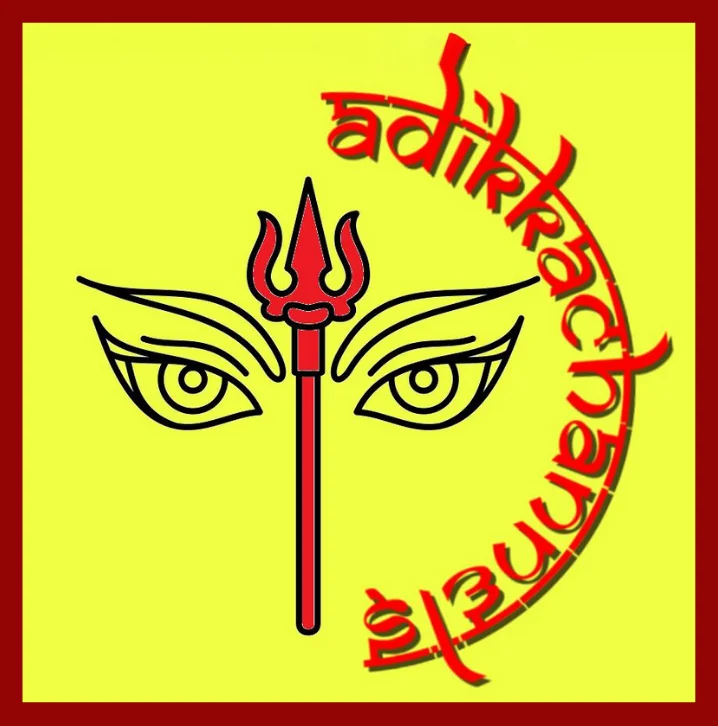Introduction to Ultimate Reality:
Sanatana Dharma, also known as Hinduism, is one of the oldest and most complex religions in the world. One of the central concepts of Hindu philosophy is the idea of Paratmas, or the ultimate reality that pervades all of existence. In this article, we will explore the nature of Paratmas, their significance in Hinduism, and their practical applications in our lives.
The Nature of Paratmas
The term Paratmas is derived from the Sanskrit words “para” meaning supreme or ultimate, and “atma” meaning soul or self. Thus, Paratmas refers to the supreme soul or ultimate reality that is present in all living beings and beyond. It is the source of all existence and the highest form of consciousness.
According to Hindu philosophy, every living being has an individual self (jivatma) and a higher self (Paratmas). The individual self is associated with our physical body and mind, while the higher self is the pure consciousness that is present in all beings and beyond. The Paratmas is seen as the universal spirit that pervades all of creation and is the source of all life, intelligence, and energy.
In Hinduism, there are different ways of understanding Paratmas. Some see it as a personal God who has infinite forms and qualities, while others see it as an impersonal force that is beyond human comprehension. Nonetheless, the concept of Paratmas represents the ultimate reality that transcends the material world and is the source of all existence.
The Significance of Paratmas in Hinduism
The concept of Paratmas is central to Hindu spirituality and is considered the ultimate goal of human life. It is believed that by realizing the true nature of Paratmas, one can attain liberation from the cycle of birth and death and merge with the ultimate reality.
In Hinduism, there are different paths that one can take to realize Paratmas, including karma yoga, bhakti yoga, and jnana yoga. Karma yoga involves performing actions selflessly without attachment to the results, bhakti yoga involves devotion to a divine entity, and jnana yoga involves the cultivation of knowledge and wisdom.
The practice of meditation is also a powerful means of realizing Paratmas. By stilling the mind and turning inward, one can experience the pure consciousness that is beyond the material world and is the source of all existence.

Practical Applications of Paratmas in Our Lives
While the concept of Paratmas may seem abstract and philosophical, it has practical applications in our daily lives. By understanding the true nature of Paratmas, we can gain a deeper understanding of ourselves and our place in the world. We can also cultivate qualities such as compassion, humility, and detachment, which are essential for spiritual growth.
Moreover, the concept of Paratmas can help us find meaning and purpose in life beyond material pursuits. It can inspire us to seek higher goals and ideals that align with the ultimate reality. It can also help us develop a sense of unity and interconnectedness with all living beings, leading to a more compassionate and inclusive worldview.
References to Paratmas in Hindu Literature
The concept of Paratmas is present in various texts in Hinduism, including the Upanishads, the Bhagavad Gita, and the Puranas. In the Upanishads, Paratmas is described as the ultimate reality that transcends all duality and is beyond the material world. The Bhagavad Gita, a text that is considered one of the most important scriptures in Hinduism, describes Paratmas as the unchanging and eternal reality that is present in all beings. The Puranas,which are a collection of ancient stories and texts, also make references to Paratmas in various forms and manifestations.
For instance, the Shiv Puran, one of the eighteen Puranas, describes Lord Shiva as the ultimate reality (Parameshvara) who is beyond time, space, and causation. It is said that Lord Shiva represents the Paratmas in its purest form, and by worshipping him, one can attain liberation from the cycle of birth and death.
Similarly, the Vishnu Puran describes Lord Vishnu as the supreme being who pervades all of existence and is the source of all creation. It is said that by devotion to Lord Vishnu, one can realize the true nature of Paratmas and attain moksha, or liberation.
Conclusion:
In conclusion, the concept of Paratmas is one of the central tenets of Hindu philosophy and has profound implications for our understanding of the world and our place in it. By realizing the true nature of Paratmas, we can attain liberation from the cycle of birth and death and merge with the ultimate reality. Moreover, the concept of Paratmas can inspire us to cultivate virtues such as compassion, humility, and detachment and lead to a more meaningful and purposeful life. With its rich philosophical and spiritual traditions, Hinduism offers a unique perspective on the nature of reality and the human experience.
Discover more from AdikkaChannels
Subscribe to get the latest posts sent to your email.


































 RSS - Posts
RSS - Posts